Are You An Expert Pawn Broker?
Have you ever interacted with a pawnbroker or even had the chance to do business with them by exchanging some goods you don't need for money? Or are you even one? Then this quiz is for you. Pawnbrokers engage in the exchange of a lot used goods that customers want to pawn or want to use as collateral to get a loan. There are service guidelines that guide this exchange of service. This and more will be discovered in this quiz. What do you know about these experts who have saved us a ton of time and effort when in Read moreneed of money urgently?
- 1.
What are items having been pawned to the broker called?
- A.
Collectibles
- B.
Pledges
- C.
Equipments
- D.
Instruments
Correct Answer
B. PledgesExplanation
Items that have been pawned to the broker are called pledges.Rate this question:
-
- 2.
Which of the following items cannot be pawned?
- A.
Jewelry
- B.
Chairs
- C.
Computers
- D.
Cameras
Correct Answer
B. ChairsExplanation
Chairs cannot be pawned because they are not typically considered valuable items that hold significant resale or loan value. Pawnshops typically accept items such as jewelry, computers, and cameras because they can be easily sold or have a higher market value. However, chairs are common household items that do not hold much monetary value, making them unsuitable for pawning.Rate this question:
-
- 3.
What is the colloquial word for pawning an item for a loan?
- A.
Hooked
- B.
Side selling
- C.
Hocked
- D.
Upselling
Correct Answer
C. HockedExplanation
The colloquial word for pawning an item for a loan is "hocked". When someone is in need of money, they can take an item of value to a pawn shop and receive a loan in exchange for leaving the item as collateral. This process is commonly referred to as "hocking" the item.Rate this question:
-
- 4.
The amount of time and rate of interest for a loan is governed by?
- A.
Pawnbroker's policies
- B.
Agencies
- C.
Pawn shops' associations
- D.
Buyers and loaners
Correct Answer
A. Pawnbroker's policiesExplanation
The amount of time and rate of interest for a loan is governed by pawnbroker's policies. This means that pawnbrokers have their own rules and regulations regarding the duration of the loan and the interest rate that will be charged. These policies may vary from one pawnbroker to another, and they are usually based on factors such as the value of the item being pawned and the perceived risk associated with the loan. Therefore, it is important for borrowers to understand and abide by the pawnbroker's policies when obtaining a loan.Rate this question:
-
- 5.
What is the middleman between a thief and the buyer of the stolen goods called?
- A.
A thrifter
- B.
A fence
- C.
A broker
- D.
A popper
Correct Answer
B. A fenceExplanation
A fence is the middleman between a thief and the buyer of stolen goods. They typically buy stolen goods from thieves at a lower price and then sell them to buyers at a higher price, making a profit in the process. This illegal activity allows the thief to distance themselves from the stolen goods and the buyer to acquire them without directly dealing with the thief.Rate this question:
-
- 6.
What is the estimation of the number of pawnbrokers in the US?
- A.
5000
- B.
10000
- C.
11000
- D.
15000
Correct Answer
C. 11000Explanation
The estimation of the number of pawnbrokers in the US is 11000.Rate this question:
-
- 7.
In many countries in the world, what is the pawnbrokers' symbol?
- A.
An eagle with wings spread wide perched on a branch
- B.
A dollar currency fixed to the front of a pillar
- C.
Three spares interlocked forming a star
- D.
Three spheres suspended from a bar
Correct Answer
D. Three spHeres suspended from a barExplanation
The correct answer is three spheres suspended from a bar. In many countries, the symbol of pawnbrokers is three spheres suspended from a bar. This symbol represents the three main elements of pawnbroking: lending, buying, and selling. The spheres symbolize the items that are pawned, while the bar represents the pawnbroker's shop or establishment. This symbol has been used for centuries and is widely recognized as the emblem of pawnbrokers around the world.Rate this question:
-
- 8.
Who is the patron saint of pawnbrokers?
- A.
St Matthew
- B.
St Nicholas
- C.
St Jude
- D.
St Luke
Correct Answer
B. St NicholasExplanation
St Nicholas is the patron saint of pawnbrokers because he is known for his generosity and care for the poor. He is believed to have helped those in need by giving them money and gifts. Pawnbrokers, who provide loans to people in exchange for their personal items, often assist those who are financially struggling. Therefore, St Nicholas' reputation as a helper of the poor and his association with giving and generosity make him the patron saint of pawnbrokers.Rate this question:
-
- 9.
What is the symbol of a pawn shop in Hong Kong?
- A.
A bat holding a coin
- B.
Three spheres suspended from a bar
- C.
Three spares interlocked forming a star
- D.
An eagle with wings spread wide perched on a branch
Correct Answer
B. Three spHeres suspended from a barExplanation
The symbol of a pawn shop in Hong Kong is three spheres suspended from a bar. This symbol is commonly seen outside pawn shops in Hong Kong and represents the three essential elements of pawnbroking: lending, buying, and selling. The spheres symbolize the different items that can be pawned or traded, while the bar represents the shop itself. This symbol is widely recognized and associated with pawn shops in Hong Kong.Rate this question:
-
- 10.
Which Japanese word for numbers sounds familiar to the word for "pawn"?
- A.
One
- B.
Five
- C.
Ten
- D.
Seven
Correct Answer
D. SevenExplanation
The Japanese word for the number "seven" sounds familiar to the word for "pawn".Rate this question:
-
Quiz Review Timeline +
Our quizzes are rigorously reviewed, monitored and continuously updated by our expert board to maintain accuracy, relevance, and timeliness.
-
Current Version
-
Mar 21, 2023Quiz Edited by
ProProfs Editorial Team -
Dec 13, 2018Quiz Created by
AdewumiKoju
- Accounting Quizzes
- Advertising Quizzes
- Agriculture Quizzes
- Automotive Quizzes
- Brand Quizzes
- Business Accounting Quizzes
- Business Analyst Quizzes
- Business Development Quizzes
- Business Environment Quizzes
- Business Etiquette Quizzes
- Business Finance Quizzes
- Business Math Quizzes
- Business Organization Quizzes
- Business Plan Quizzes
- Business Process Quizzes
- Business Study Quizzes
- Business Technology Quizzes
- CEO Quizzes
- Collaboration Quizzes
- Company Quizzes
- Construction Quizzes
- Consumer Quizzes
- CSR Quizzes
- Customer Quizzes
- Customer Service Quizzes
- Development Quizzes
- Ecommerce Quizzes
- Employment Quizzes
- Entrepreneurship Quizzes
- Finance Quizzes
- Hospitality Quizzes
- Human Resources Quizzes
- Industry Quizzes
- International Business Quizzes
- Introduction To Business Quizzes
- Investment Quizzes
- Logistics Quizzes
- Management Quizzes
- Manufacturing Quizzes
- Marketing Quizzes
- Material Quizzes
- Media Quizzes
- Office Quizzes
- Organization Quizzes
- Principles Of Business Quizzes
- Printing Quizzes
- Product Quizzes
- Publishing Quizzes
- Real Estate Quizzes
- Retail Quizzes
- Sales Quizzes
- SAP Business One Quizzes
- Small Business Quizzes
- Source Quizzes
- Supply Quizzes
- Survey Quizzes
- Telecommunication Quizzes
- Trade Quizzes
- Training Quizzes
- Transportation Quizzes
- Warehouse Quizzes
- Welding Quizzes




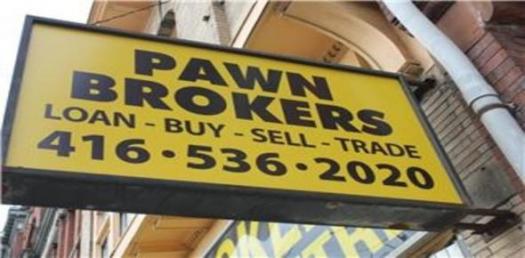
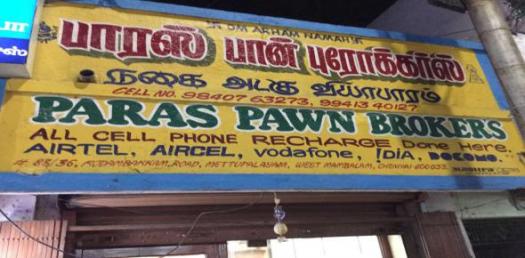
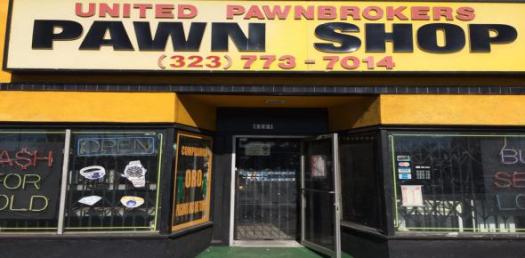

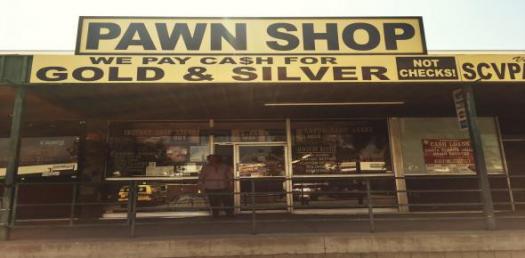

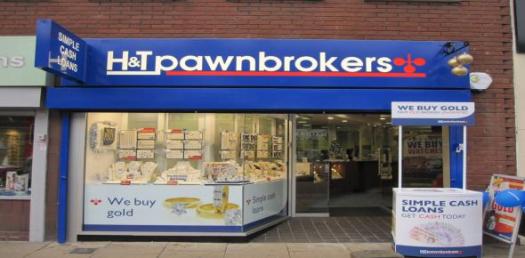
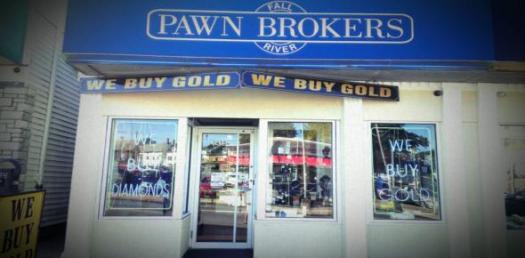


 Back to top
Back to top